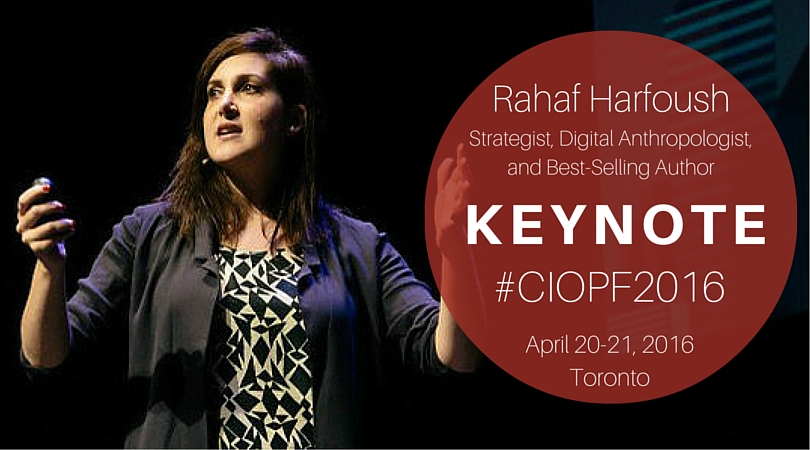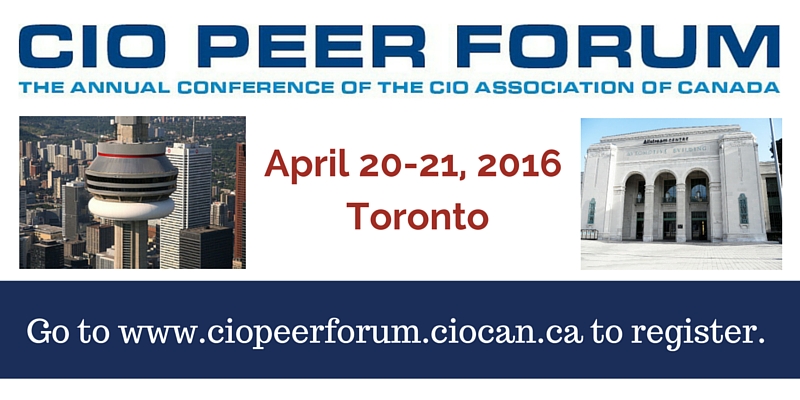Getting Back to What Matters
By: Rahaf Harfoush
I love data. Actually, I’m obsessed with it. In particular, I love the idea of uncovering some hidden truth – like a digital Sherlock Holmes, piecing together a crucial insight that I would have missed if I didn’t have access to that data. In my book, The Decoded Company, my co-authors (Leerom Segal, Jay Goldman, Aaron Goldstein) and I often joke that this new wave of predictive analytics is akin to having super-powers.
Yet, despite having access to so much information, I find that many conversations about these tools are anchored firmly in the technology itself. We seem to spend so much time talking about this platform versus that one, or this algorithm or that particular bit of code – that it starts to feel a sterile, too abstract and distant from the original purpose using these tools in the first place: to better understand the world around us.
As a Digital Anthropologist I spend my days immersed in technology. For me, the most interesting aspect of my job is documenting the impact it has on us in the most fundamental ways: how do these tools help (or hinder) us in our efforts to connect with each other? What can the trail of data we leave behind reveal about ourselves?
In my keynote at the CIO Forum this April, I’ll be tackling this issue from two distinct perspectives. First, I’ll share how the rise of Big Data has given us the ability to better understand how our notions of identity, value, and community are being influenced by our constant connection. By the year 2040, researchers estimate that there will be nearly 50 billion connected devices in the market. I wonder what we’ll learn about ourselves from our smart refrigerators?
Then, we’ll shift gears and go down to the smallest possible unit: the individual. I’ll show you how new technology is empowering regular people to disrupt traditional power dynamics – and is creating entirely new ways for citizens to engage with institutions, organizations, and governments. I call this movement the rise of the ArchiTechs – people who are leveraging these new tools to rebuild the world around them in new and exciting ways.
We are seeing the rise of the world’s first global digital culture – a place where ideas and cultures mix seamlessly, unrestricted by the geography of borders. This is creating new ways of coming together, forming geo-agnostic communities that are tied together by an Internet connection and a common interest.
This is by no means a rose-tinted view of the world. The shifts in behaviours I have described can be just as easily used for malevolence. Companies like Facebook have such sophisticated algorithms that they can accurately predict when a user is going to change jobs, buy a house or a car, and even start an affair. Target was famously able to figure out that a young girl was pregnant before her own family knew. It’s pretty spooky when you really stop and think about it.
Technology has led to the creation of a dark-web Amazon clone that sells every imaginable drug. The new rise of ransomware and other cyber-threats have created new dangers for millions of consumers. Have you ever read the comments on a YouTube video? Here’s a suggestion: don’t. It will make you fear for the future of our species.
Still, I remain optimistic, buoyed by how technology is impacting human potential. I believe that there is an incredible opportunity for businesses to harness this data for good – without being creepy about it. The world is changing in ways we don’t even fully understand. It’s exciting and terrifying in equal measures. Join me in Toronto as we explore how organizations can navigate this new terrain, better understand their customers, and take advantage of new market opportunities.
We are thrilled that Rahaf Harfoush will be joining us at the CIO Peer Forum 2016 to present the closing keynote of Day 1, Human Centric Analytics – Big Data, Micro-Influence and Search for Meaning.
About Rahaf:
Rahaf Harfoush is a Strategist, Digital Anthropologist, and Best-Selling Author who focuses on the intersections between emerging technology, innovation, and digital culture. Her second book, “The Decoded Company: Know Your Talent Better Than You Know Your Customers,” is a New York Times Best Seller and winner of a 2015 Gold Axiom Award. She is currently working on her third book entitled “Hustle and Float: Balancing Execution and Inspiration in a World of Constant Connection.” Formerly, Rahaf was the Associate Director of the Technology Pioneer Programme at the World Economic Forum in Geneva where she helped identify disruptive-startups that were improving the state of the world.

